
The Healing Harmony: Benefits of Music Therapy in Mental Health and Well-being
Introduction
In an increasingly stressful world, finding effective methods to improve mental health and overall well-being is crucial. One such powerful tool is music therapy. This article explores the multifaceted benefits of music therapy, delving into its impact on mental health, emotional balance, and overall well-being.
What is Music Therapy?
Music therapy is a clinical and evidence-based practice that uses music to achieve therapeutic goals. It involves a certified music therapist who employs music interventions to address physical, emotional, cognitive, and social needs of individuals. Techniques include listening to music, playing instruments, songwriting, and guided imagery.
Key Elements of Music Therapy:
- Listening to Music: Using different genres and rhythms to evoke specific emotions.
- Playing Instruments: Encouraging self-expression and coordination.
- Songwriting: Facilitating emotional release and processing.
- Guided Imagery: Combining music with visualization to promote relaxation and mental clarity.
The Science Behind Music Therapy
Music therapy's effectiveness is backed by substantial research. Studies show that music affects brain regions involved in emotion, cognition, sensation, and movement. The right kind of music can trigger the release of neurotransmitters like dopamine and serotonin, which are essential for mood regulation and stress reduction.
Benefits of Music Therapy
1. Reduces Anxiety and Stress
One of the most significant benefits of music therapy is its ability to reduce anxiety and stress. Listening to soothing music or engaging in musical activities can lower cortisol levels, the body's primary stress hormone. This leads to a state of relaxation and tranquility, helping individuals manage anxiety more effectively.
2. Enhances Mood and Emotional Well-being
Music has a profound impact on our emotions. Upbeat and lively music can elevate mood, while calming tunes can provide solace during times of distress. Music therapy helps individuals process their emotions, providing an outlet for expressing feelings that might be difficult to articulate otherwise.
3. Improves Cognitive Function
Engaging with music stimulates various areas of the brain, enhancing cognitive functions such as memory, attention, and problem-solving skills. This is particularly beneficial for individuals with neurological conditions like Alzheimer's disease, where music therapy can improve recall and recognition, providing a sense of familiarity and comfort.
4. Aids in Physical Rehabilitation
Music therapy is also used in physical rehabilitation settings. Rhythmic auditory stimulation, a technique involving the use of rhythm to aid movement, can improve motor skills in patients recovering from strokes or traumatic brain injuries. Music's rhythm and melody can motivate patients to engage more fully in their physical therapy exercises.
5. Strengthens Social Connections
Group music therapy sessions can enhance social interactions and build a sense of community. Making music in a group setting encourages cooperation, communication, and social bonding. This can be particularly beneficial for individuals with social anxiety or those who feel isolated.
6. Supports Mental Health Disorders
Music therapy is effective in managing symptoms of various mental health disorders, including depression, PTSD, and schizophrenia. It provides a non-verbal outlet for emotions, helping individuals explore and understand their feelings. The structured nature of musical activities can also create a sense of predictability and control, which is often comforting for those dealing with mental health challenges.
Case Studies and Real-Life Applications
Case Study 1: Music Therapy for PTSD
A study involving veterans with PTSD showed that music therapy significantly reduced symptoms of anxiety and depression. Participants reported feeling more relaxed and less overwhelmed by intrusive thoughts after engaging in music therapy sessions.
Case Study 2: Music Therapy in Dementia Care
In dementia care facilities, music therapy has been found to improve patients' quality of life. Regular sessions of singing and listening to familiar songs helped in reducing agitation and confusion, while also promoting social interaction and engagement.
How to Incorporate Music Therapy into Your Life
1. Professional Music Therapy Sessions
For those seeking structured and personalized interventions, engaging with a certified music therapist is recommended. These professionals can tailor sessions to individual needs, ensuring the most effective outcomes.
2. Personal Music Practice
Incorporating music into daily routines can be beneficial. Listening to your favorite music, playing an instrument, or even singing along to songs can have therapeutic effects. Creating playlists for different moods or activities can also enhance your emotional and mental well-being.
3. Community Music Programs
Participating in community music programs or joining a choir or band can provide a sense of belonging and purpose. These activities offer regular opportunities for social interaction and creative expression.
Conclusion
Music therapy is a powerful tool for enhancing mental health and well-being. Its ability to reduce stress, improve mood, boost cognitive function, aid physical rehabilitation, strengthen social connections, and support mental health disorders makes it a versatile and valuable practice. Whether through professional therapy sessions or personal music engagement, the healing power of music is accessible to everyone. Embrace the harmony and let music be a part of your journey towards better health and happiness.
References:
-
American Music Therapy Association. (n.d.). What is Music Therapy? Retrieved from AMTA.
-
American Music Therapy Association. (n.d.). Definition and Quotes about Music Therapy. Retrieved from AMTA.
-
Chanda, M. L., & Levitin, D. J. (2013). The neurochemistry of music. Trends in Cognitive Sciences, 17(4), 179-193. doi:10.1016/j.tics.2013.02.007
-
Menon, V., & Levitin, D. J. (2005). The rewards of music listening: response and physiological connectivity of the mesolimbic system. NeuroImage, 28(1), 175-184. doi:10.1016/j.neuroimage.2005.05.053
-
Thoma, M. V., La Marca, R., Brönnimann, R., Finkel, L., Ehlert, U., & Nater, U. M. (2013). The effect of music on the human stress response. PLoS ONE, 8(8), e70156. doi:10.1371/journal.pone.0070156
-
Bunt, L., & Stige, B. (2014). Music therapy: An art beyond words. Routledge.
-
Särkämö, T., Tervaniemi, M., Laitinen, S., Forsblom, A., Soinila, S., Mikkonen, M., ... & Hietanen, M. (2008). Music listening enhances cognitive recovery and mood after middle cerebral artery stroke. Brain, 131(3), 866-876. doi:10.1093/brain/awn013
-
El Haj, M., & Kessels, R. P. C. (2013). Music enhances autobiographical memory in mild Alzheimer’s disease. Aging, Neuropsychology, and Cognition, 20(1), 108-128. doi:10.1080/13825585.2012.692761
-
Thaut, M. H., & Abiru, M. (2010). Rhythmic auditory stimulation in rehabilitation of movement disorders: A review of current research. Music Perception, 27(4), 263-269. doi:10.1525/mp.2010.27.4.263
-
Silverman, M. J. (2011). Effects of music therapy on aggression, self-esteem, and self-perception of adults with acute psychiatric and substance abuse disorders. Journal of Music Therapy, 48(4), 553-568. doi:10.1093/jmt/48.4.553
-
Aalbers, S., Fusar-Poli, L., Freeman, R. E., Spreen, M., Ket, J. C., Vink, A. C., ... & Gold, C. (2017). Music therapy for depression. Cochrane Database of Systematic Reviews, 2017(11). doi:10.1002/14651858.CD004517.pub3
-
Carr, C., d’Ardenne, P., Sloboda, A., Scott, C., Wang, D., & Priebe, S. (2012). Group music therapy for patients with persistent post-traumatic stress disorder–an exploratory randomized controlled trial with mixed methods evaluation. Psychology and Psychotherapy: Theory, Research and Practice, 85(2), 179-202. doi:10.1111/j.2044-8341.2011.02026.x
-
Bensimon, M., Amir, D., & Wolf, Y. (2008). Drumming through trauma: Music therapy with post-traumatic soldiers. The Arts in Psychotherapy, 35(1), 34-48. doi:10.1016/j.aip.2007.09.002
-
Raglio, A., Bellandi, D., Baiardi, P., Gianotti, M., Ubezio, M. C., Zanacchi, E., ... & Stramba-Badiale, M. (2015). Effect of active music therapy and individualized listening to music on dementia: A multicenter randomized controlled trial. Journal of the American Geriatrics Society, 63(8), 1534-1539. doi:10.1111/jgs.13558
-
American Music Therapy Association. (n.d.). Find a Music Therapist. Retrieved from AMTA.
Silent Night Free Sheet Music Canon | Easy Organ Arrangement for Christmas
Away in a Manger Intermediate Piano Solo
Christ the Lord is Risen Today Fanfare | Easter Organ Sheet Music. For Organ, Choir or Congregation
Come Thou Fount of Every Blessing Organ Solo – A Powerful and Timeless Arrangement
View Comments
Leave a Comment
No comments



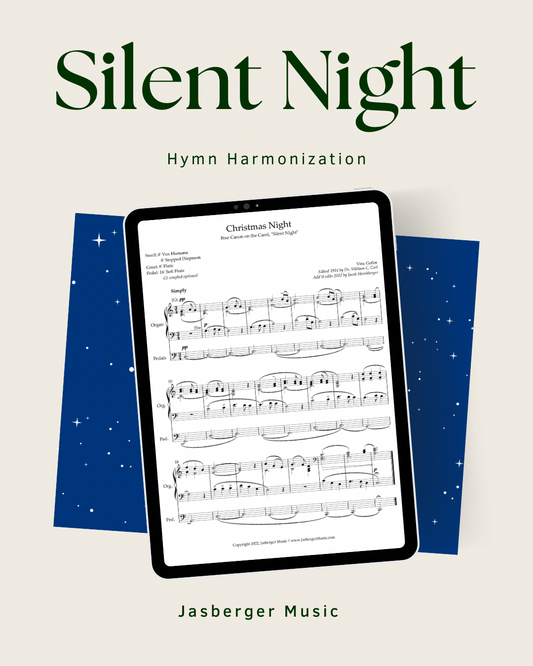
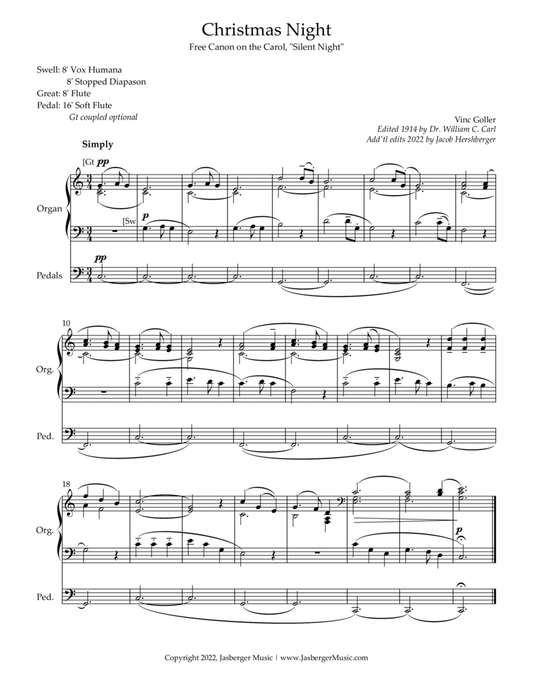

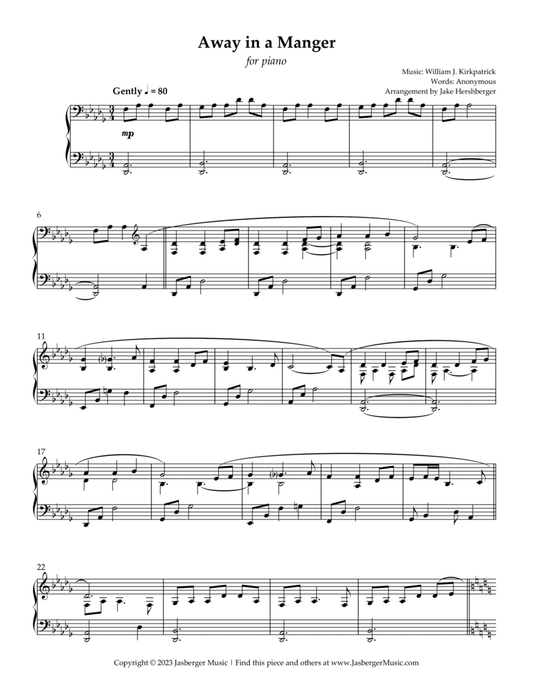

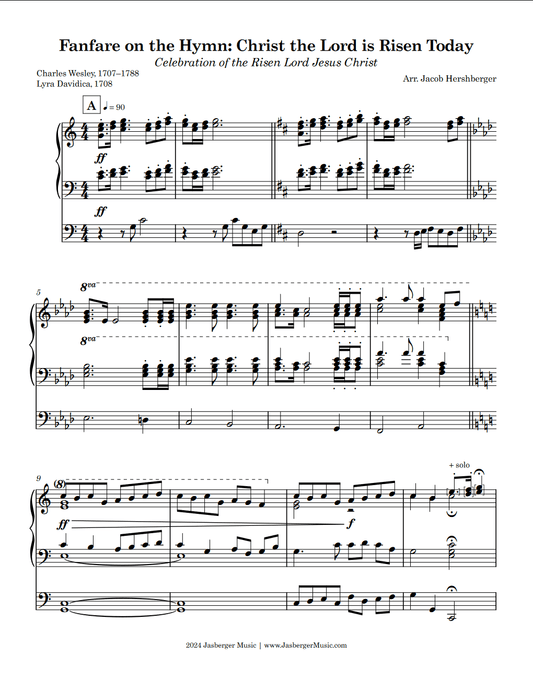
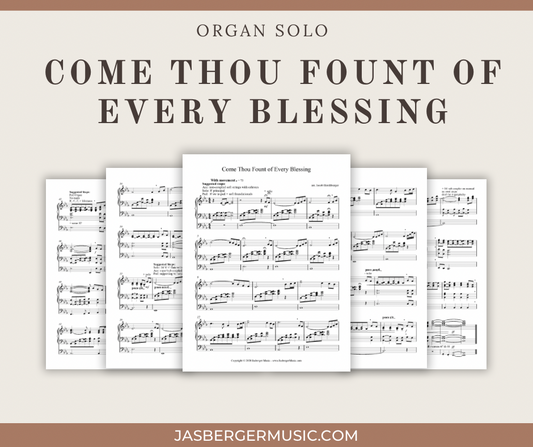




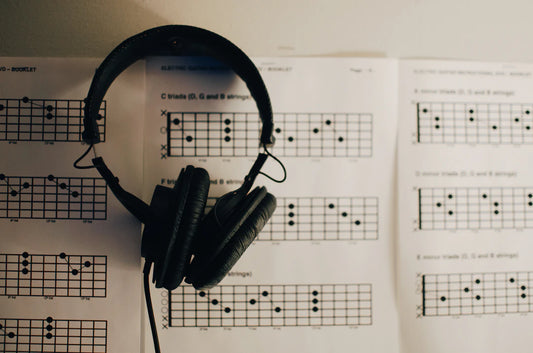
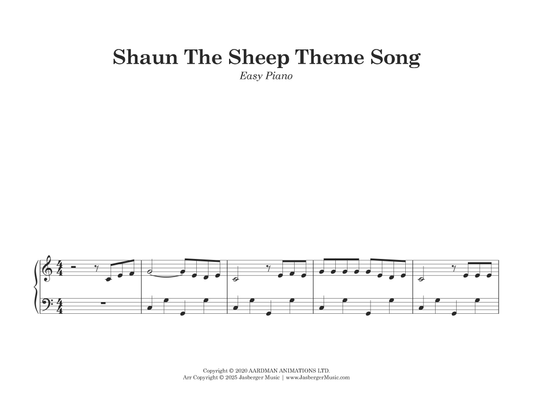
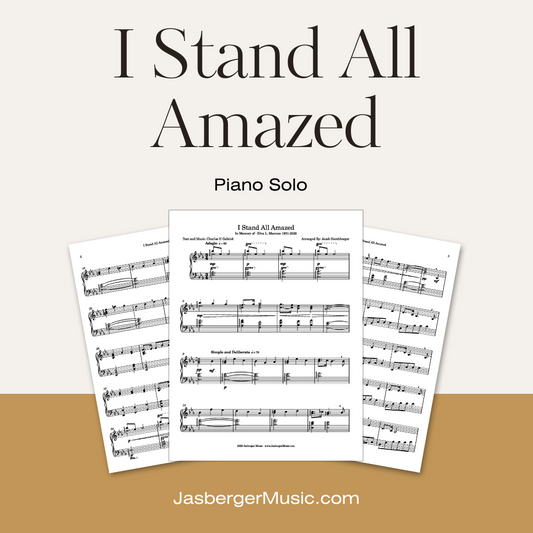
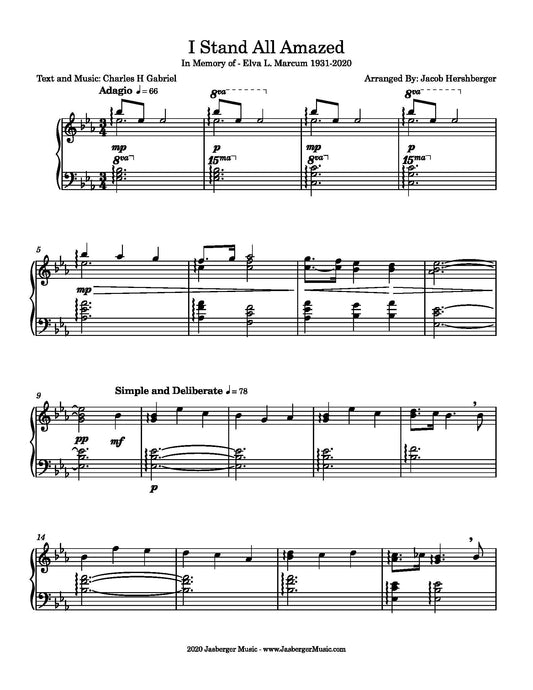

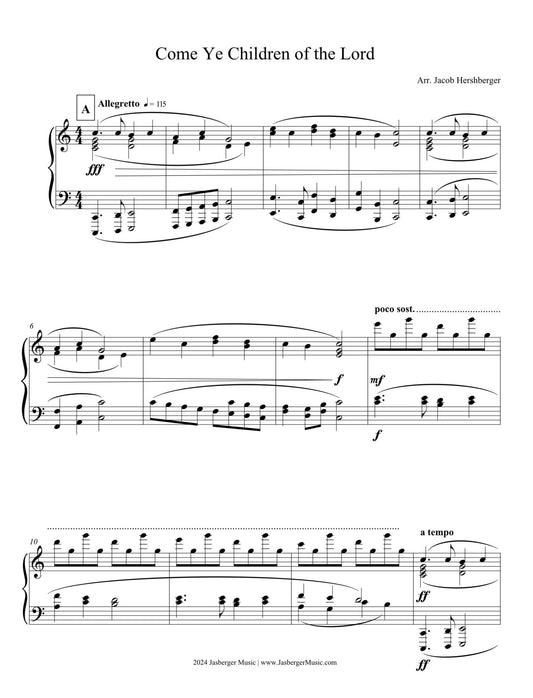
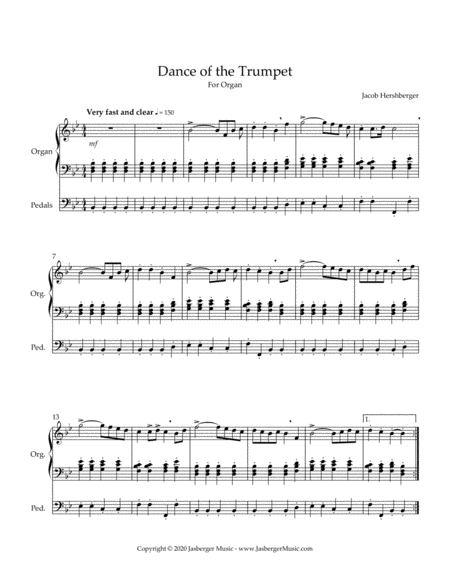
comments